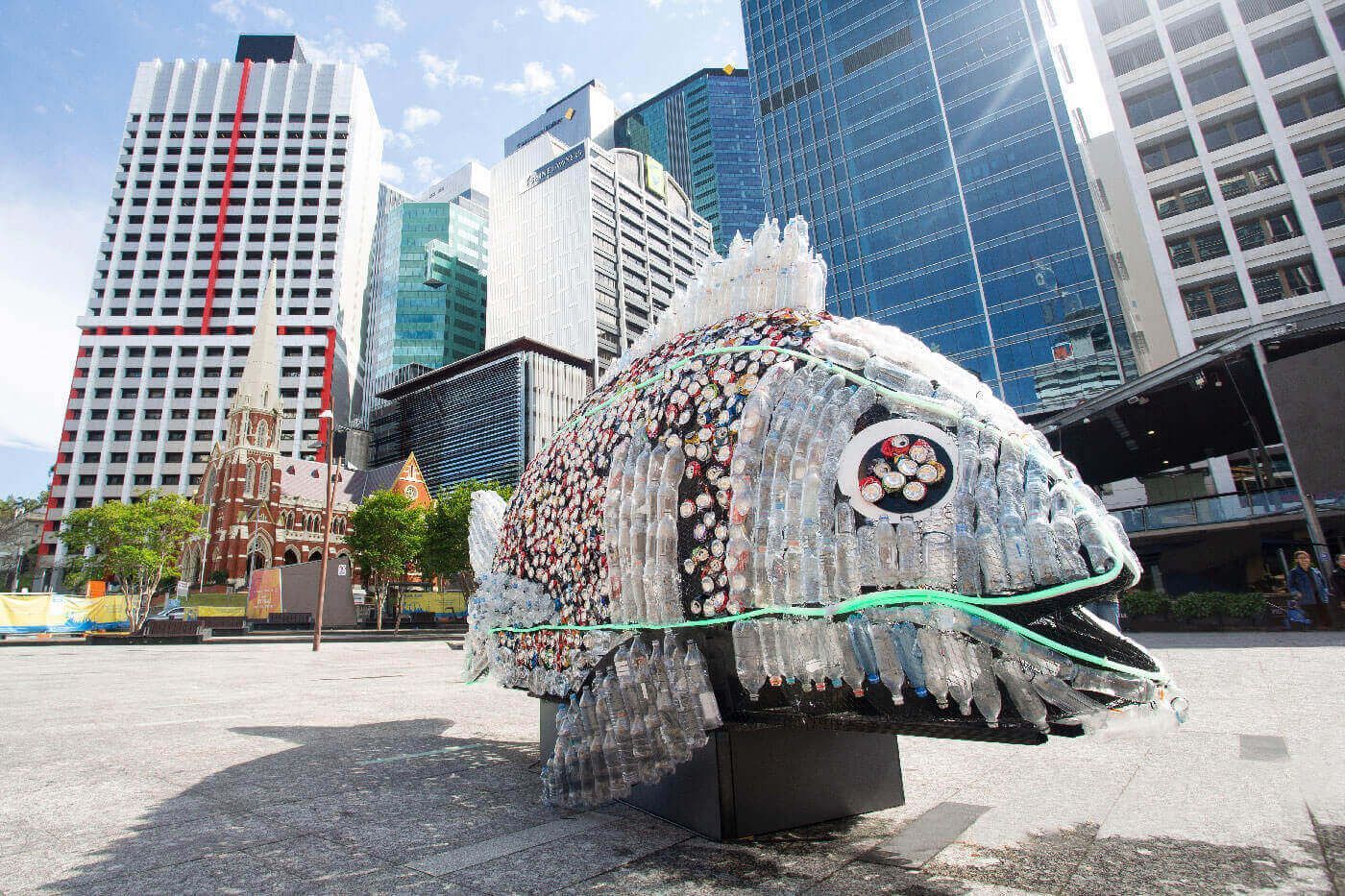Handling Emotionally-charged Situations In The Workplace
Humans are emotional beings.
Even the most logical, rational person has emotional responses which impact how they respond to any given situation.
In the workplace, emotionally-charged situations can be difficult to navigate.
If not handled well, these situations and challenging behaviours can be a drain on relationships, workplace culture, employee engagement and productivity.
As leaders, how we respond to these situations and behaviours is critical.
An ability to navigate people’s emotions is one of the most important soft skills that employers look for in leaders.
Kingston Human Capital spoke with more than 300 Directors, Executive Directors and CEO's to find out how they navigate this in their workplaces. We asked them the following questions:
- How would much value do you place on a Leader’s ability to handle emotionally-charged situations at work?
- What is your best advice when it comes to de-escalating emotionally-charged situations at work?
- Where did you learn how to do it?
Here’s what we learnt:
Leaders need to proactively develop the skills to de-escalate emotionally-charged situations and challenging behaviours at work. This skill set has become one of the most in-demand soft skills that fall under the Emotional Intelligence banner.
Leaders should have a firm plan in place to effectively manage these situations and behaviours.
Having a plan will enable leaders to share the required skills with other team members and ensure their employees are empowered to handle emotionally-charged situations and challenging behaviours, when they emerge.
3 tips from Queensland’s best leaders
We’ve gathered the following tips, tools and techniques which Queensland’s best leaders find effective when it comes to managing emotionally-charged situations at work.
Tip 1 - Map your own stress signature.
When faced with high-stress moments, our body experiences a series of biological responses and our brain quickly fires off a ‘threat response’. This response happens in microseconds - before our conscious mind even begins to process what’s happening.
This ‘threat response’ has been proven to reduce our capacity (and inclination) for logical thinking.
When our threat response is triggered, we are no longer in the driver’s seat – our emotions are. And we are likely to REACT rather than RESPOND.
Maybe you’ve seen the threat response in action in your workplace:
- A mild-mannered, considerate colleague slams their fist on the table…
- A team member receives unexpected feedback and storms out of a meeting, slamming the door…
- Or maybe your threat response has taken over and you’ve reacted in a less-than-ideal way.
All of us have experienced challenging situations and behaviours and high-pressure moments in our career. If we know that such events will trigger our threat response, we are able to map out our personal stress signature.
This is according to one of Brisbane’s most forward-thinking leaders. When we sat down with him recently, he showed us how to map out your personal stress signature:
Grab a blank sheet of paper to start.
Think of the last time you were furious work.- Picture the moment it in your mind. Bring it in to tight focus.
- Remember how you felt.
Next, leaving all judgement aside, answer the following questions about that moment, using as much detail as possible. Remember not to write down the sanitised version – be absolutely honest here.
- In that moment, what happened to your breathing?
- In that moment, did your posture change in any way?
- In that moment, what thoughts were running through your mind?
- What ONE word best summarises your primary intention in the moment you felt your ‘threat response’?
Understanding your threat response and how it makes you feel will help you to identify it in the future. With this new awareness, you’ll have the opportunity to choose how you respond, rather than reacting.
Tip 2 - Consider verbal judo training.
Now that we know it’s more effective to respond to a situation rather than to react to it, let’s look at finding the right language and tactics to de-escalate an emotionally-charged situation.
The Department of Education in WA is setting its leaders up for success by providing them with verbal judo training.
Verbal judo is based on constructive conversations and strategies aimed at de-escalating emotionally-charged scenarios while maintaining mental and emotional safety.
According to the director of Verbal Judo Australia Trevor Lawson, verbal judo provides information and tools to assist staff to remain psychologically and physically safe whilst working with colleagues and the public.

Verbal judo exemplifies how to empower yourself and your employees to have greater control in emotionally-charged situations.
Tip 3 – Get yourself a copy of Crucial Conversations: Tools for talking when the stakes are high.
Stephen R Covey (author of The 7 Habits of Highly Effective People) believes this book is one of the key thought-leadership contributions of all times.
This is a very commonly referenced book in our conversations with leadership teams. It’s also one of our go-to books when we prepare for difficult conversations, negotiations, or diffusing conflict between two parties.
The first edition of Crucial Conversations revolutionised the way millions of people communicate when stakes are high, and situations tense. The new edition gives you the tools to:
- Transform anger and hurt feelings into powerful dialogue
- Prepare for high-stakes situations
- Make it safe to talk about almost anything
- Be persuasive, not abrasive.
Good communication is the lifeblood of every great relationship, professional or personal.
Communicating effectively is crucial in emotionally-charged situations in the workplace and can be especially helpful when diffusing tension.
Great communication skills will not only enhance your ability to perform professionally under pressure, they can also improve your relationships with the people that matter the most to you.
(Disclosure – we don’t have any affiliations with Verbal Judo Australia or the authors of Crucial Conversations. But we certainly do rate them!)








